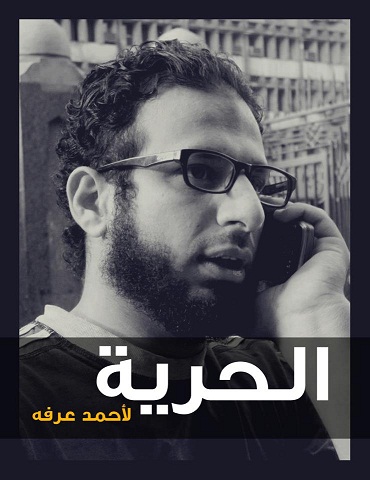NEW YORK: As the Sri Lankan government celebrates the first anniversary of its historic triumph over the Liberation Tigers of Tamil Eelam (LTTE), it is increasingly clear that the battlefield victory will prove pyrrhic unless the legitimate grievances of Sri Lanka’s minority communities are recognized and addressed. By failing to reach out meaningfully to the Tamil-speaking minority, and by cracking down on opposition voices and any kind of dissent in Sri Lanka, the government is throwing away a once-in-a-generation opportunity.
But it is not too late for President Mahinda Rajapaksa’s government to change course and begin to build a truly multi-ethnic society. Indeed, the country’s future depends on his doing just that.
The end of the civil war was an unambiguously positive development for Sri Lanka. The Tamil Tigers led a ruthless campaign for an independent territory against Sri Lanka’s government for most of the past three decades. They killed not only government officials, but often Tamil leaders willing to explore compromise solutions with the government, as well as civilians from all ethnic groups.
Indeed, the LTTE has been accused of a range of human-rights violations, in addition to such killings, including abduction, child conscription, and using civilians as human shields. The Sri Lankan army, police, and other state organs also perpetrated major abuses during the conflict.
The final throes of the war last year were horrific, with 20,000-40,000 civilians (mostly ethnic Tamils) killed in a period of a few months by both the Sri Lankan government forces and the Tigers. We may never know the exact number of casualties during the last phase of the conflict, because the government did not allow international organizations or media into the area.
Rajapaksa’s victory in the presidential election this past January, followed in April by a win for his United People’s Freedom Alliance in parliamentary elections, ensured a majority for the president and his party. These victories create an opportunity for the government to reach out to the opposition and to minority groups to build a truly inclusive and democratic Sri Lanka, but this has not yet happened.
Instead, government policies since the end of the war have targeted opponents and critics, possibly laying the foundation for a new round of conflict. Opposition candidate General Sarath Fonseka was harassed and soon arrested after the presidential elections. More than 250,000 Tamil civilians were kept in virtual internment camps long after the end of hostilities and prevented from exercising their civil rights or returning to their homes. No significant special efforts have been made to reach out to the Tamil-speaking minority in order to understand better and address those legitimate concerns that found illegitimate expression through the LTTE.
If this trend continues, Sri Lanka will become doomed to repeat its tragic history.
Sri Lanka is blessed with brilliant people, indefatigable civil-society organizations, decent courts and infrastructure, and abundant natural resources. But none of these attributes will lead to long term security, stability, and prosperity for the country unless the government plays a more constructive role.
A first step in the national healing process must include exploring in a public way the grievances of the country’s minorities, both Tamil and Muslim, and discussing the violations perpetrated by the LTTE and the government during the conflict. As was the case in South Africa, this approach can lay an essential foundation for a sustainable and effective reconciliation process.
The government must open itself far more to hearing and responding to the legitimate voices of the Sri Lankan people across the country’s political spectrum and ethnic divides. If these grievances cannot be addressed through legitimate means, they will find other far less healthy outlets over time.
The government must also make every effort to establish the rule of law, including implementation of the 17th Amendment to the Constitution, which calls for independent judicial institutions, and of the 13th Amendment, which devolves power to the provinces. Reports of new amendments being drafted in order to rescind these guarantees would be extremely disturbing if confirmed.
Sri Lanka must do far more to ensure minority rights and protections not just because it is the right thing to do, but because it is the best possible investment the country can make in its future. It is not too late to embrace this future, but soon it will be if the government does not change course immediately.
Jamie F. Metzl is Executive Vice President of the Asia Society and served in the U.S. national Security Council under President Bill Clinton. Sharmila Silva is the pseudonym of a leading Sri Lankan public figure. This commentary is published by Daily News Egypt in collaboration with Project Syndicate, www.project-syndicate.org.



